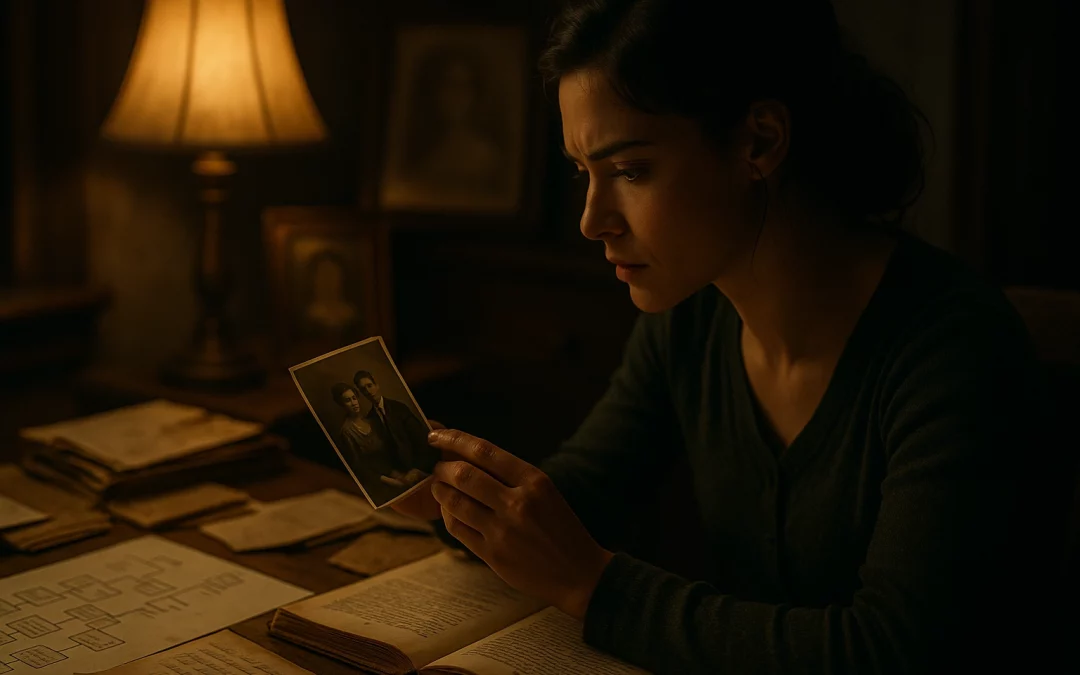Have you ever stumbled across an old family photo, a letter tucked away in a drawer, or even a DNA test result that made you question what you thought you knew about your past?
That sense of mystery, of untold stories waiting to be discovered, is exactly what draws readers to genealogy fiction.
These novels take us on journeys through time, weaving together present-day sleuthing with long-hidden family histories.
They’re about more than dusty records and family trees. They’re about uncovering the secrets, joys, and heartbreaks that link generations together.
What is Genealogy Fiction?
Genealogy fiction is a corner of storytelling that puts family history at the heart of the plot.
Unlike traditional historical fiction, which often centres on sweeping events or famous figures, genealogy fiction zooms in on ordinary ancestors and the echoes of their lives in the present.
These novels usually feature a modern-day character digging into their lineage, through archives, heirlooms, or even DNA test results, and piecing together a puzzle that spans generations.
It’s also distinct from family sagas. While sagas tell stories across multiple generations, the characters themselves might never know the full arc of their family line.
In genealogy fiction, discovery is the driving force. The narrative often jumps between past and present, inviting readers to uncover forgotten romances, ancestral secrets, or long-buried scandals alongside the protagonist.
At its heart, genealogy fiction is about curiosity and connection: the thrill of finding out who came before us, and what that means for who we are today.
Common Themes in Genealogy Fiction
- Family Secrets Uncovered: Letters, diaries, or DNA results often reveal surprises—hidden loves, lost relatives, or scandals that reshape the present.
- Identity and Legacy: Characters come to understand themselves through the struggles and triumphs of their ancestors.
- Dual Timelines: Stories often weave between past and present, sometimes with a dash of time travel, to show how generations connect.
- Personal Meets Historical: Family discoveries are set against bigger historical backdrops, making the intimate feel epic.
- Mystery and Puzzle-Solving: Like detectives, protagonists piece together fragmented clues to complete their family’s story.
Genealogy Fiction in the Age of DNA
With millions of people now sending off cheek swabs to services like 23andMe and AncestryDNA, genealogy fiction has found fresh inspiration.
DNA test results in novels often spark shocking revelations: half-siblings no one knew about, unexpected ethnic roots, or family secrets buried for generations.
Some stories even draw on real-world trends like cold cases solved through genetic genealogy.
By blending modern science with timeless family mysteries, today’s genealogy fiction feels both contemporary and deeply personal.
Notable Examples of Genealogy Fiction
If you’re curious about diving into genealogy fiction, here are some standout books that show just how varied and gripping the genre can be:
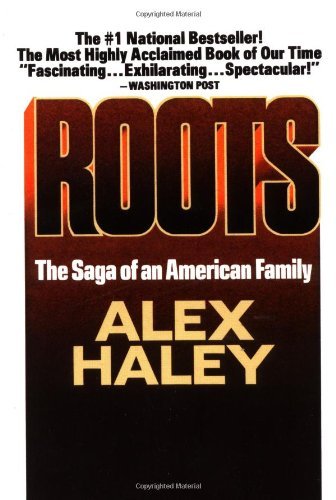
Roots by Alex Haley (1976)
A groundbreaking novel that traces Haley’s family line back to Kunta Kinte in 18th-century Africa.
It’s an epic story of survival and resilience that also sparked a huge public interest in genealogy.
Kindred by Octavia E. Butler (1979)
Blending time travel with ancestry, this classic follows Dana, a modern woman who’s pulled back into the antebellum South where she meets her own enslaved ancestors.
It’s powerful, unsettling, and unforgettable.

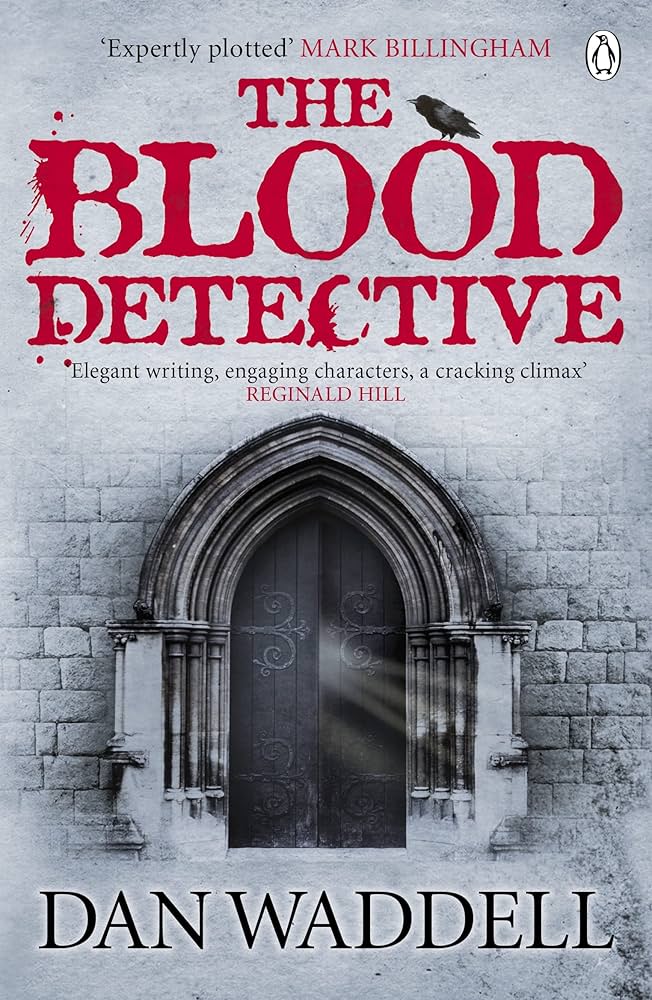
The Blood Detective by Dan Waddell (2006)
This crime thriller introduces genealogist Nigel Barnes, who uses old records and family trees to help solve a present-day murder tied to a Victorian killer.
Perfect for readers who like a mix of mystery and history.
The Seven Sisters by Lucinda Riley (2014)
The first in a beloved series, it follows Maia, an adopted sister who receives a clue about her heritage after her father’s death.
Her search takes her from modern Europe to early 20th-century Brazil, mixing romance, family secrets, and globe-spanning history.

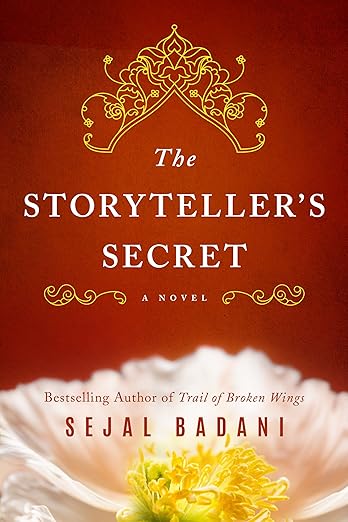
The Storyteller’s Secret by Sejal Badani (2018)
A moving tale about Jaya, an American journalist who travels to India and uncovers her grandmother’s story during the British Raj.
It’s a reminder of how family stories can heal across generations and continents.
Homegoing by Yaa Gyasi (2016)
A sweeping novel that follows two sisters in Ghana and their descendants over seven generations, exploring how history (slavery, colonialism, migration) shapes families in profound ways.
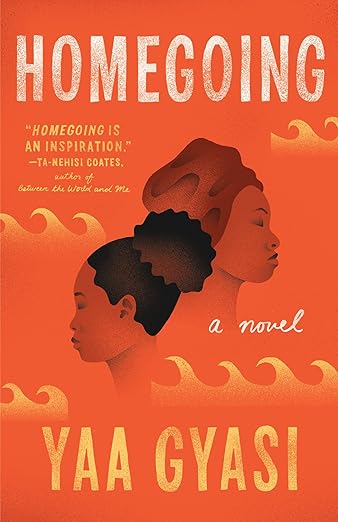
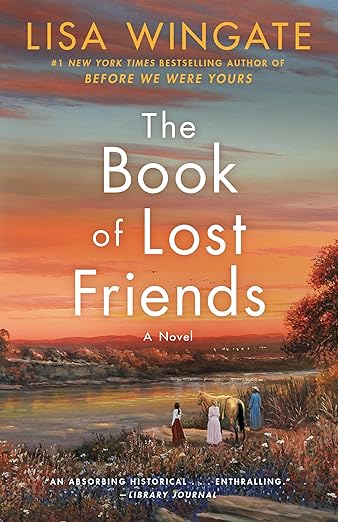
The Book of Lost Friends by Lisa Wingate (2020)
Inspired by real newspaper ads placed by freed slaves searching for family after the Civil War, this dual-timeline novel pairs a modern teacher’s discoveries with the moving voices of the past.
Son of the Axe by D. P. Martinez (2025)
A man obsessed with his family history discovers a 12th-century axe once wielded by an ancestor—an object that triggers visions of the past and threatens to unravel his career, his marriage, and his grip on reality.
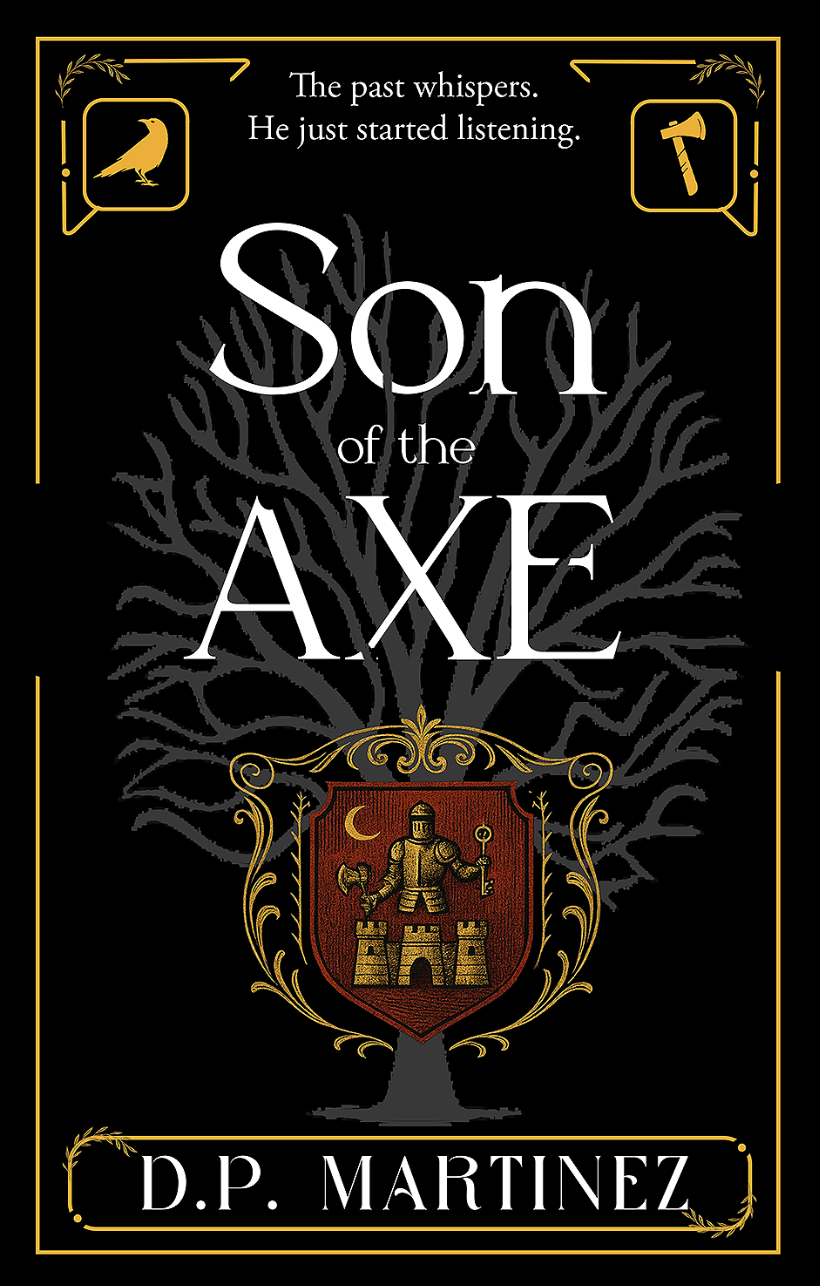
Genealogy fiction reminds us that history isn’t just found in textbooks—it lives in the stories of our own families.
These novels invite us to travel across generations, uncovering the secrets, struggles, and triumphs that shape identity.
Whether through DNA revelations, old letters, or dual-timeline mysteries, they capture the thrill of discovery and the comfort of connection.
If you’ve ever wondered what hidden stories your ancestors might hold, genealogy fiction offers a chance to explore those possibilities from the comfort of your reading chair.
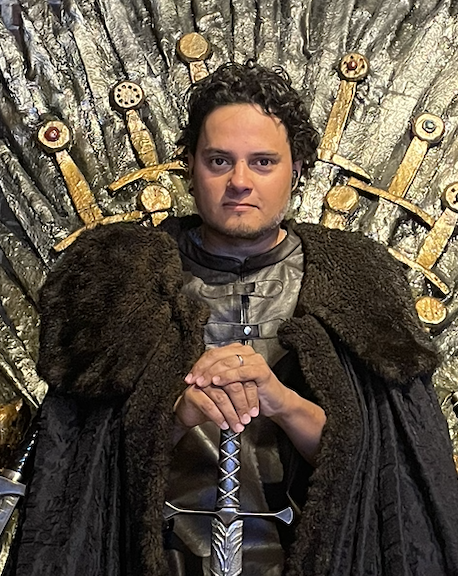
D.P. Martinez is a contemporary fantasy author specialising in urban fantasy and magical realism. He holds an M.A. in English Literature from the University of Greenwich, where he focused on Literary London. His research explored metaphorical representations of London in urban fantasy. He has written hundreds of articles and several books across both fiction and non-fiction.

